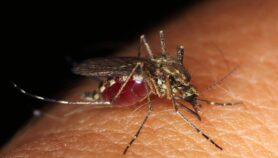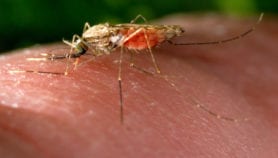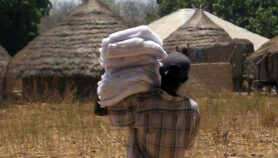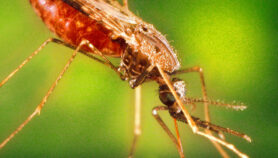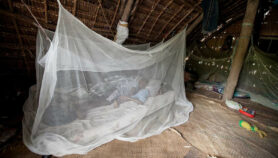Send to a friend
The details you provide on this page will not be used to send unsolicited email, and will not be sold to a 3rd party. See privacy policy.
Mosquitoes are rapidly evolving to global warming by entering their pupae later than in the 1970s to take advantage of longer growing seasons, according to US researchers, who warn that ‘less flexible’ animals could face extinction.
As average world temperatures have increased over the past century, many organisms have adjusted to longer growing seasons; for example, birds are nesting, frogs are spawning and seeds are germinating earlier. So far, this altered behaviour has been explained entirely as a temperature-sensitive response to the environment.
But in a study published in the 6 November edition of Proceedings of the National Academies of Science William Bradshaw and Christina Holzapfel of the University of Oregon show that mosquitoes are changing genetically in response to global warming.
Over 30 years, they studied the larvae of North American Wyeomyia smithii mosquitoes, which enter their pupae at the flick of a ‘genetic switch’ triggered by reductions in the length of days at the onset of winter.
In 1996, wild mosquito larvae tested under artificial light began their dormant stage 8-10 days later than in the 1970s, suggesting that the insect’s genetic response to day length has changed to allow it to take advantage of longer growing seasons. This shift can happen during a time interval as short as five years, the study shows.
“Our results suggest that other species may be in the process of analogous evolutionary responses to altered seasonality,” the authors write. They add that the fate of future communities “may depend on the relative abilities of their constituent species to adapt to altered seasonal interactions”.
© SciDev.Net 2001






